What is an Aromatherapy Massage
Aromatherapy massage is a holistic healing treatment that combines the therapeutic benefits of massage with the use of essential oils.
We will explore the various benefits of aromatherapy massage, including stress relief, improved sleep quality, and enhanced mood.
Learn how aromatherapy massage is performed, the potential risks and side effects, and who can benefit from aromatherapy massage cost, a natural healing method.
If you’re looking for a natural way to relax, unwind, and rejuvenate, keep reading to learn more about aromatherapy massage.
Key Takeaways:
What is Aromatherapy Massage?
Aromatherapy massage is a holistic healing practice that combines the benefits of massage therapy with the use of essential oils. It involves the application of essential oils on the skin or through inhalation, along with various massage techniques performed by a trained therapist.
Essential oils play a crucial role in aromatherapy facial as they are known for their therapeutic properties that can promote relaxation, uplift mood, and alleviate stress. These oils are carefully selected based on the individual’s needs and preferences, enhancing the overall massage experience.
The history of aromatherapy dates back centuries, with ancient civilizations like the Egyptians, Greeks, and Romans utilizing aromatic plant oils for medicinal and spiritual purposes. Today, aromatherapy massage continues to be a popular form of alternative therapy that not only targets physical ailments but also addresses mental and emotional well-being.
What Are the Benefits of Aromatherapy Massage?
The benefits of aromatherapy massage are wide-ranging and encompass physical, mental, and emotional well-being. From relaxation and anxiety relief to alleviating depression and pain, the use of essential oils like lavender, eucalyptus, peppermint, bergamot, and rosemary in massage therapy can have profound effects on various conditions.
For example, lavender is known for its calming properties and is often used to promote relaxation and ease insomnia. Eucalyptus, on the other hand, is valued for its decongestant and anti-inflammatory benefits, making it an excellent choice for respiratory issues. Peppermint can help alleviate headaches and improve mental clarity, while bergamot is frequently used to uplift mood and reduce stress.
Research has shown that the inhalation of essential oils during massage therapy can positively impact the limbic system, the part of the brain that plays a role in emotions, behaviors, and long-term memory. This can lead to a cascade of physiological responses, such as reduced heart rate, blood pressure, and cortisol levels. Studies have demonstrated the effectiveness of aromatherapy massage in managing conditions like chronic pain, anxiety disorders, and even symptoms of dementia.
Relieves Stress and Anxiety
Aromatherapy massage is highly effective in relieving stress and anxiety levels, promoting deep relaxation and a sense of calmness. Essential oils like lavender and chamomile are commonly used in such massages due to their soothing properties.
These essential oils work wonders when inhaled or absorbed through the skin during a massage session.
- Lavender is known for its ability to calm the mind and reduce nervous tension.
- Chamomile has anti-anxiety properties that help in soothing frazzled nerves.
The olfactory system plays a crucial role in aromatherapy massage, with the scent of these essential oils triggering responses in the brain that promote relaxation and emotional well-being. When combined with the physical benefits of massage techniques, such as gentle strokes and kneading, the overall effect is a holistic approach to reducing stress and anxiety.
Improves Sleep Quality
Aromatherapy massage can significantly improve sleep quality by promoting relaxation and easing insomnia symptoms. Essential oils like ylang-ylang are known for their sedative properties, making them beneficial for enhancing sleep patterns.
The calming aroma of ylang-ylang oil can stimulate the release of feel-good hormones like serotonin, inducing a state of tranquility and reducing stress levels, which are crucial for achieving a good night’s rest. This gentle floral scent not only helps in calming the mind but also has a soothing effect on the nervous system, signaling the body to unwind and prepare for a restorative sleep cycle.
Eases Muscle Tension and Pain
Aromatherapy massage is effective in easing muscle tension and pain through the application of essential oils like peppermint. The combination of massage techniques and the analgesic properties of peppermint oil can provide relief from various discomforts.
Peppermint oil is known for its cooling sensation, which can help reduce inflammation, especially when combined with the kneading and pressure applied during a massage. When applied to the skin, peppermint oil activates receptors that provide a numbing effect, further enhancing the pain relief experienced during the massage. The invigorating aroma of peppermint can also stimulate the senses, promoting relaxation and reducing stress levels naturally.
Boosts Immune System
Aromatherapy massage can boost the immune system by utilizing essential oils like eucalyptus known for their antimicrobial and immune-stimulating properties. The massage techniques combined with eucalyptus oil application can enhance overall immunity.
Eucalyptus oil is known for its ability to clear the respiratory system, promoting easy breathing and reducing congestion, which can further support the body’s immune response. The aromatic effects of eucalyptus can also uplift mood and reduce stress, contributing to overall well-being. When used in aromatherapy massage, the soothing properties of eucalyptus oil not only benefit the physical body but also provide a sense of relaxation and rejuvenation for the mind.
Enhances Mood and Well-being
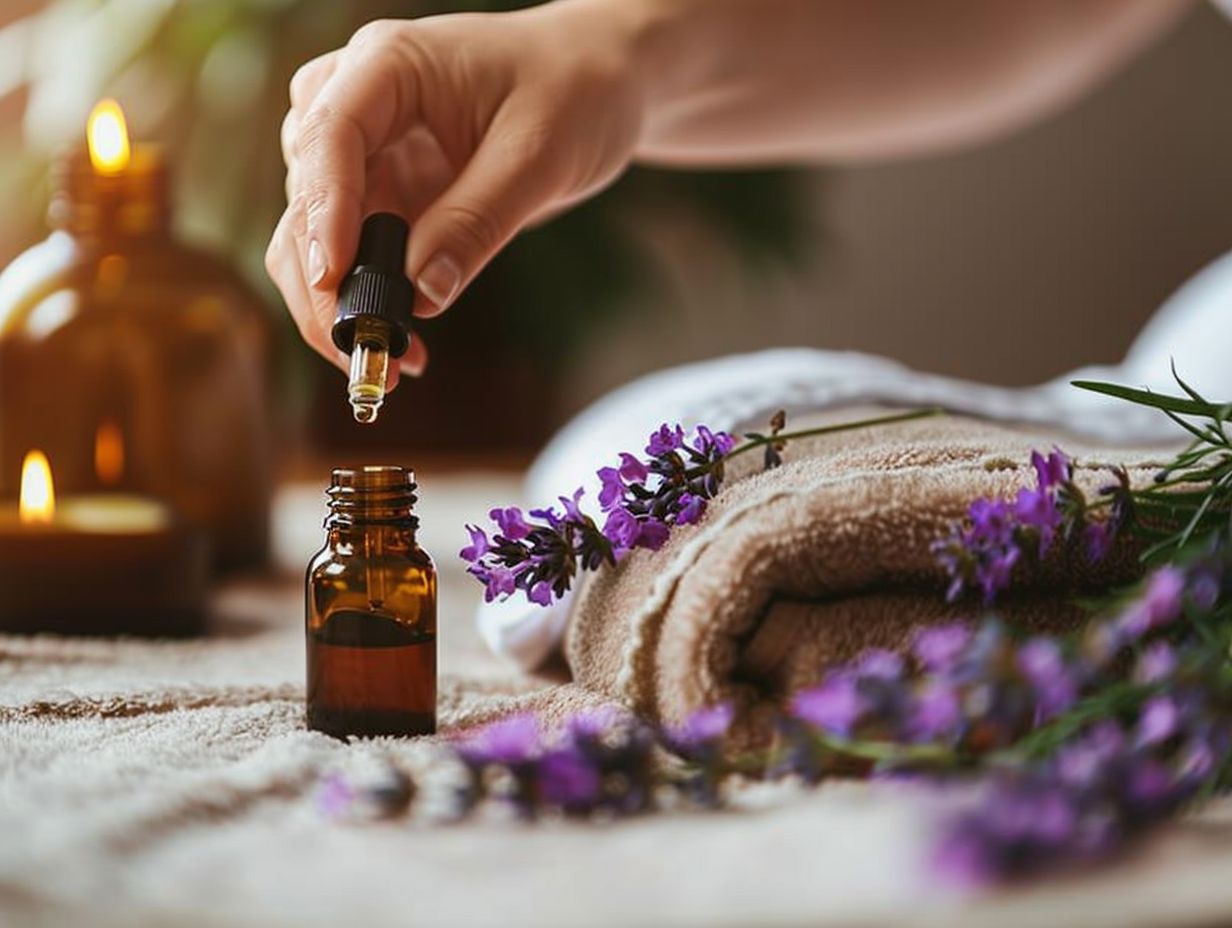
During an aromatherapy massage session, the therapist carefully selects oils based on their therapeutic properties, tailoring the experience to the individual’s needs.
- Rosemary oil, with its fresh and herbaceous aroma, not only uplifts the spirits but also helps improve concentration and mental clarity.
- The gentle art of massaging these oils into the skin allows for absorption, triggering the limbic system in the brain, which is responsible for emotions and memories.
The overall effect is a harmonious blend of physical relaxation and emotional rejuvenation, contributing to a sense of peace and balance.
How is Aromatherapy Massage Performed?
Aromatherapy massage involves a series of steps, starting from selecting the right essential oils based on the desired outcomes and preferences. These oils are then used to prepare massage oil for application, setting the mood for relaxation and performing specific massage techniques tailored to the individual needs, including scalp massage techniques for added benefits. Special precautions are taken for pregnant individuals to ensure safety and effectiveness.
When choosing essential oils for aromatherapy massage, it’s crucial to consider their therapeutic properties and the recipient’s preferences. For instance, lavender is known for its calming effects, while peppermint can invigorate the senses. Once the oils are selected, they are blended with a carrier oil like jojoba or sweet almond oil to create the massage blend.
- The massage session typically begins with gentle strokes to relax the recipient and introduce the aroma of the oils.
- Specific massage techniques, such as effleurage and petrissage, are then used to address muscle tension and promote relaxation.
During scalp massage, light circular motions are applied to stimulate blood flow and enhance relaxation. For pregnant clients, it’s crucial to avoid certain essential oils and adjust the massage techniques to ensure comfort and safety.
Choosing Essential Oils
One of the initial steps in aromatherapy massage is selecting the appropriate essential oils based on the client’s needs and preferences. Essential oils like lavender, citrus blends, and other calming scents are often diluted with carrier oils for safe application during the massage.
Choosing the right essential oils is crucial as each oil offers unique benefits and properties. For instance, lavender oil is renowned for its relaxing and calming effects, making it ideal for reducing stress and promoting sleep. On the other hand, citrus blends are uplifting and refreshing, perfect for energizing the mind and body during the massage session.
In terms of dilution, carrier oils such as sweet almond oil or coconut oil are commonly used to dilute essential oils, ensuring that they are safe for direct skin contact. The dilution ratio usually depends on the specific essential oil and the sensitivity of the client’s skin, with typical ratios ranging from 1-3% for most essential oils.
Preparing the Massage Oil
Preparing the massage oil for aromatherapy massage involves blending essential oils like bergamot with carrier oils to create a customized mix. These oil blends are carefully formulated to enhance the massage experience and maximize the therapeutic benefits of the treatment.
When crafting these personalized blends, the selection of carrier oils plays a crucial role in determining the overall texture and absorption properties of the massage oil.
The soothing properties of bergamot essential oil stimulate relaxation and uplift the mood during the massage session.
Each essential oil brings its unique therapeutic benefits into the mix, such as promoting aromatherapy massage length, relieving muscle tension, or soothing the senses.
The art of blending these oils requires precision and knowledge to achieve the desired aroma profile and therapeutic effects, catering to the specific needs of the individual receiving the treatment.
Setting the Mood
Creating the right ambiance and mood is crucial in aromatherapy massage to enhance the overall relaxation experience. Aromas like ylang-ylang are commonly used to promote a sense of tranquility and serenity during the massage session.
Ylang-ylang, with its sweet, floral scent, is known for its ability to reduce stress and anxiety levels, making it a perfect choice for inducing relaxation in aromatherapy massage. This essential oil is often blended with carrier oils or added to diffusers to fill the air with its calming fragrance.
The gentle aroma of ylang-ylang not only helps in creating a peaceful environment but also assists in easing muscle tension and uplifting the spirit, resulting in a holistic rejuvenating experience for the mind and body.
Applying the Massage Techniques
Aromatherapy massage involves the application of various massage techniques tailored to the client’s needs and preferences. Techniques such as deep tissue massage and Swedish massage are commonly used to target specific areas of the body and provide therapeutic benefits.
Deep tissue massage focuses on reaching deeper layers of muscles and connective tissue. It uses slow, deliberate strokes and firm pressure to release tension and knots. This technique is particularly beneficial for chronic muscle pain and tightness.
Swedish massage is a gentler approach that involves long, flowing strokes, kneading, and circular movements to relax the body. It helps improve blood circulation, release toxins, and promote overall relaxation.
Are There Any Risks or Side Effects of Aromatherapy Massage?
While aromatherapy massage is generally safe, there are potential risks and side effects to consider, especially for individuals with allergies or sensitive skin. Skin reactions, respiratory issues from inhalation, or adverse reactions due to specific oils are among the possible concerns associated with this therapy.
It is crucial for individuals considering aromatherapy massage to conduct a patch test before the session to check for any adverse skin reactions. This simple step can help prevent potential allergic responses and ensure a more comfortable experience.
Proper ventilation during the therapy session is essential to minimize the risk of respiratory issues that may arise from inhaling concentrated essential oils. It’s important to identify allergies beforehand to avoid any unexpected reactions.
Allergic Reactions
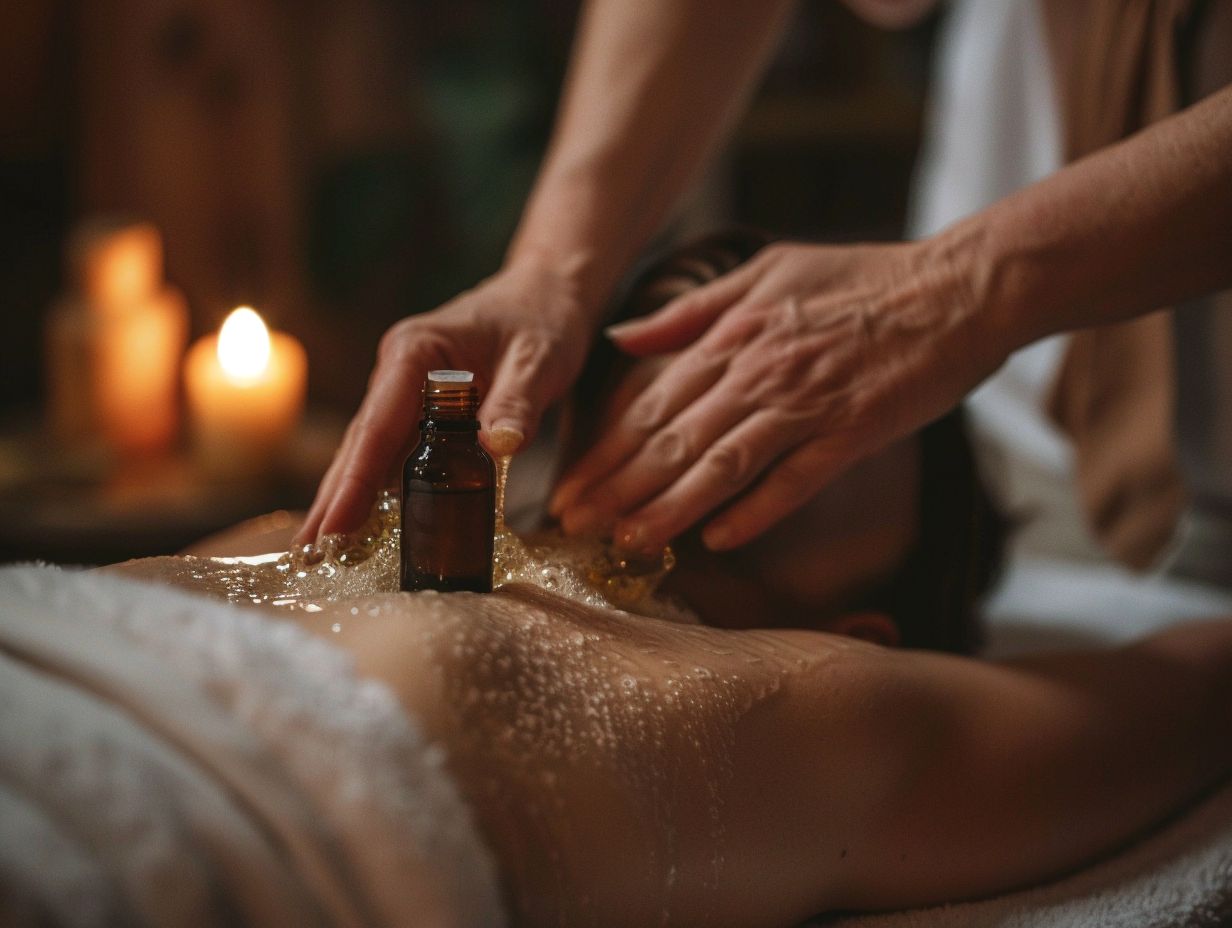
Common essential oils like lavender, tea tree, and eucalyptus may trigger allergic responses in sensitive individuals. Symptoms of an allergic reaction can vary widely from mild redness to severe hives and blistering.
- To conduct a patch test, dilute the chosen essential oil in a carrier oil such as coconut or almond.
- Apply a small amount on the inner forearm and cover with a bandage to prevent spreading.
- Wait for 24 hours and observe for any signs of irritation or inflammation.
If any adverse reactions occur during the patch test, do not proceed with the massage and seek medical assistance immediately to avoid further complications.”
Skin Irritation
Skin irritation is a common side effect of aromatherapy massage, especially when essential oils are applied directly to the skin. Symptoms like redness, sensitivity, or itching may occur in individuals with sensitive skin or allergies to certain oil components.
It is essential for individuals considering an aromatherapy massage to be aware of the potential risks associated with skin reactions. Redness and sensitivity are primary indicators that the skin may be irritated by the application of essential oils. In some cases, the skin may feel warm to the touch or develop a rash. To mitigate these reactions, it is recommended to perform a patch test before the massage session to identify any sensitive areas. Diluting essential oils with a carrier oil can help reduce the likelihood of skin irritation during the treatment.
Interaction with Medications
Interactions between essential oils used in aromatherapy massage and certain medications can pose risks to individuals with underlying health conditions. Precautions and contraindications should be observed, especially for individuals taking medications with potential interactions.
When essential oils are absorbed through the skin or inhaled during a massage, they can enter the bloodstream and interact with medications, either enhancing or inhibiting their effects. It is crucial to disclose all medications in use to the massage therapist before the session to ensure safety. Some oils may affect blood pressure, blood clotting, or liver function, warranting caution for individuals on specific medications.
Healthcare professionals and regulatory bodies, such as the FDA, advise individuals with chronic conditions, like hypertension or diabetes, to consult with their doctors before incorporating aromatherapy massages into their wellness routines. It’s essential to consider individual health profiles and medication regimens to prevent adverse reactions or unwanted side effects during therapy sessions.
Who Can Benefit from Aromatherapy Massage?
Aromatherapy massage offers a range of benefits that cater to individuals with various conditions, from stress and anxiety to chronic pain and depression. The holistic approach of this therapy promotes overall well-being and emotional balance, making it suitable for those seeking natural healing methods.
People dealing with high-stress levels in their fast-paced lives can find solace in the soothing scents and gentle strokes of aromatherapy massage. By addressing both physical and emotional distress, this practice aids in relaxation, rejuvenation, and mental clarity. Individuals struggling with chronic pain conditions, such as arthritis or migraines, may also find relief from the targeted techniques used in aromatherapy massages, helping to alleviate discomfort and improve quality of life.
People with Stress and Anxiety
Individuals experiencing stress and anxiety can greatly benefit from aromatherapy massage as it promotes relaxation, soothes emotions, and calms the mind. Essential oils like lavender are particularly effective in alleviating stress-related symptoms.
When experiencing high levels of stress, the body’s natural fight-or-flight response can be overwhelming, leading to increased tension and unease. Aromatherapy massage, with its gentle and soothing techniques, helps to release physical and emotional tension stored within the muscles.
The aroma of lavender oil has been shown to have a calming effect on the nervous system, promoting a sense of tranquility and peace. When used in combination with massage, lavender oil enhances the overall relaxation experience, allowing individuals to unwind and let go of their worries.
Athletes and Active Individuals
Athletes and active individuals can benefit from aromatherapy massage to reduce inflammation, alleviate muscle tension, and relieve headaches commonly associated with physical exertion. The combination of massage techniques and essential oils aids in enhancing recovery and performance.
By incorporating aromatherapy into their massage sessions, athletes and active individuals can experience a faster healing process for overworked muscles and joints. The anti-inflammatory properties of certain essential oils, such as eucalyptus and peppermint, help to reduce swelling and pain, allowing for quicker recovery between training sessions.
Aromatherapy massage can help in improving sleep quality and reducing stress levels, which are crucial factors for athletic performance and overall well-being. The soothing scents of lavender or chamomile can promote relaxation and mental clarity, aiding in better focus and concentration during training and competitions.
People with Chronic Pain
Individuals suffering from chronic pain conditions like fibromyalgia and arthritis can find relief through aromatherapy massage. The targeted application of essential oils and specific massage techniques can help alleviate pain symptoms, improve mobility, and enhance overall well-being.
Essential oils, such as lavender, peppermint, and eucalyptus, are commonly used in aromatherapy massage due to their pain-relieving properties. These oils not only have analgesic effects but also promote relaxation, reducing stress levels which can exacerbate chronic pain.
The gentle, rhythmic motions of the massage help increase blood flow and release tension in muscles, offering a natural way to manage pain. Through regular sessions, individuals may experience long-lasting benefits, including improved sleep quality and reduced reliance on conventional pain medications.
Those Looking for Natural Healing Methods
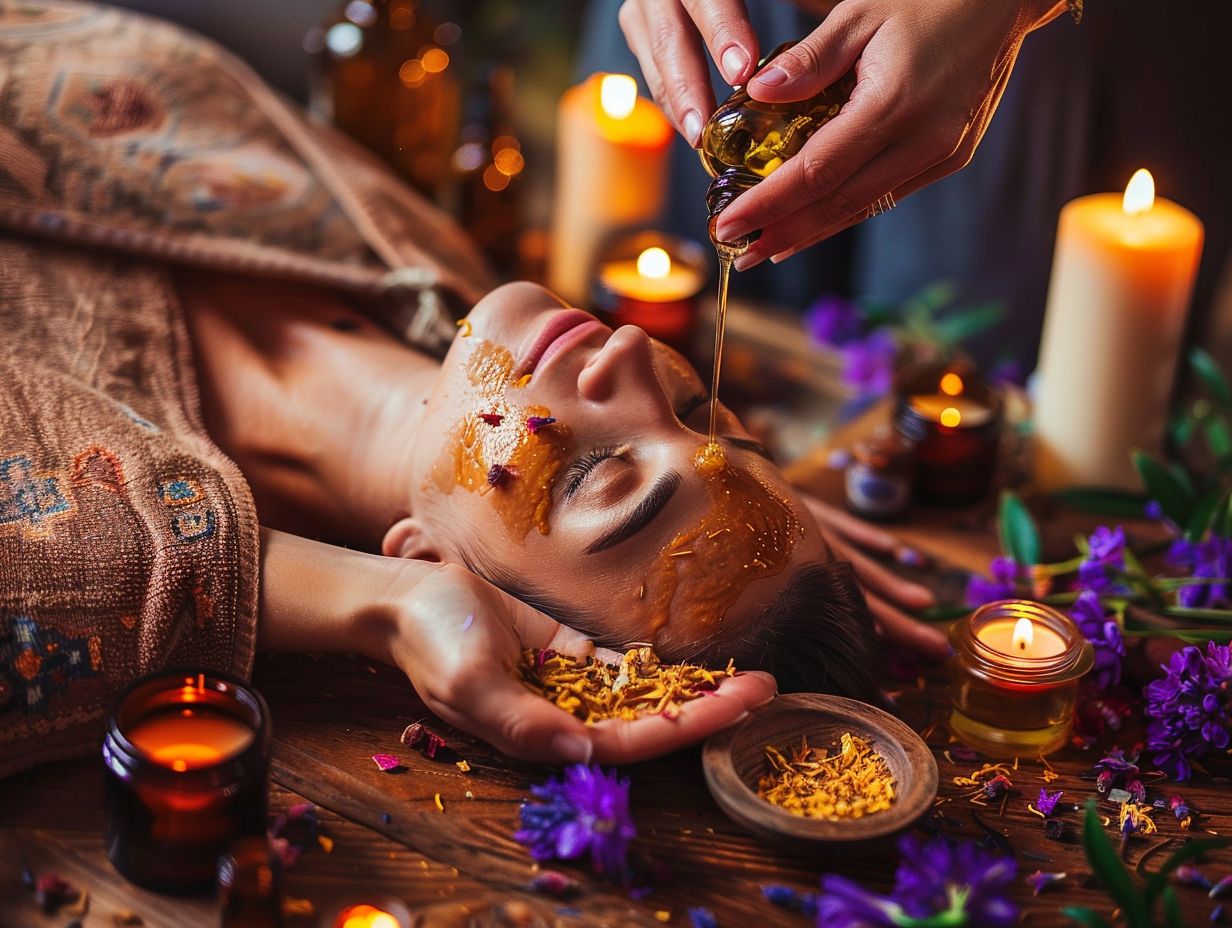
Individuals seeking natural healing methods and a holistic approach to well-being can benefit from aromatherapy massage due to its positive health effects and emotional benefits. Essential oils like rosemary play a vital role in promoting holistic healing and overall wellness.
What is a Thai Aromatherapy Massage offers a unique blend of physical and emotional benefits, stimulating both the body and mind. The soothing scents and healing properties of essential oils used in this therapy contribute to a deep sense of relaxation, reducing stress and anxiety levels. The holistic nature of aromatherapy focuses on balancing the mind, body, and spirit, providing a comprehensive approach to well-being. Rosemary, with its invigorating scent and antimicrobial properties, can not only uplift mood but also boost cognitive function and improve circulation.
Frequently Asked Questions
What is an Aromatherapy Massage?
An Aromatherapy Massage is a type of massage therapy that incorporates the use of essential oils to enhance the massage experience and provide additional therapeutic benefits.
How does Aromatherapy work in a massage?
During an Aromatherapy Massage, the essential oils are applied to the skin through gentle massage techniques. The oils are absorbed into the body and can have a calming, energizing, or healing effect, depending on the specific oils used.
What are the benefits of an Aromatherapy Massage?
Aromatherapy Massages can have numerous benefits, including reducing stress and anxiety, improving circulation, relieving muscle tension, and promoting relaxation and overall well-being.
Are there different types of essential oils used in Aromatherapy Massages?
Yes, there are many different types of essential oils used in Aromatherapy Massages, each with their own unique properties and benefits. Some commonly used oils include lavender, peppermint, eucalyptus, and chamomile.
Is an Aromatherapy Massage safe for everyone?
While Aromatherapy Massages are generally safe, it is important to inform your massage therapist of any allergies or sensitivities you may have to certain scents or oils. Pregnant women and individuals with certain medical conditions should consult with their doctor before receiving an Aromatherapy Massage.
What can I expect during an Aromatherapy Massage?
During an Aromatherapy Massage, you can expect a similar experience to a traditional massage, but with the added benefits of essential oils. Your therapist will work with you to select the best oils for your needs and preferences, and then incorporate them into the massage through various techniques such as diffusing, topical application, or inhalation.

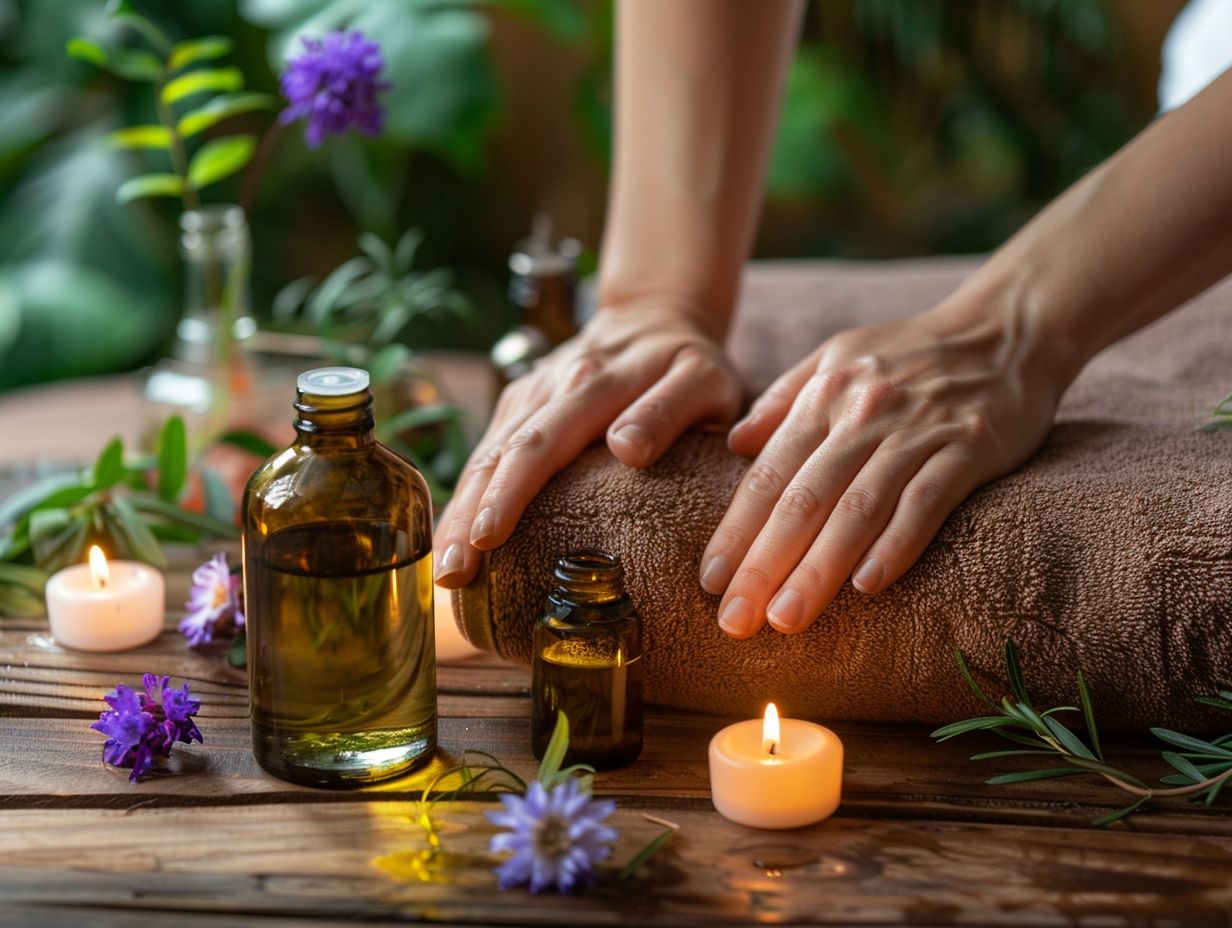
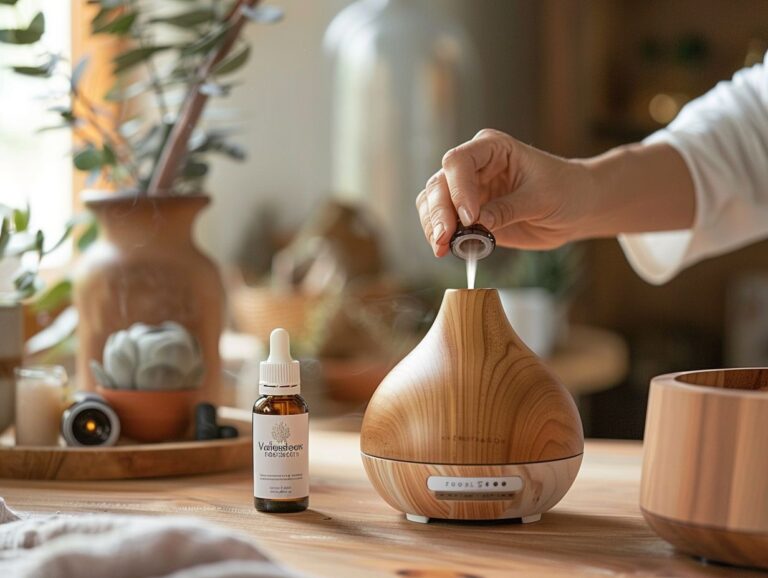
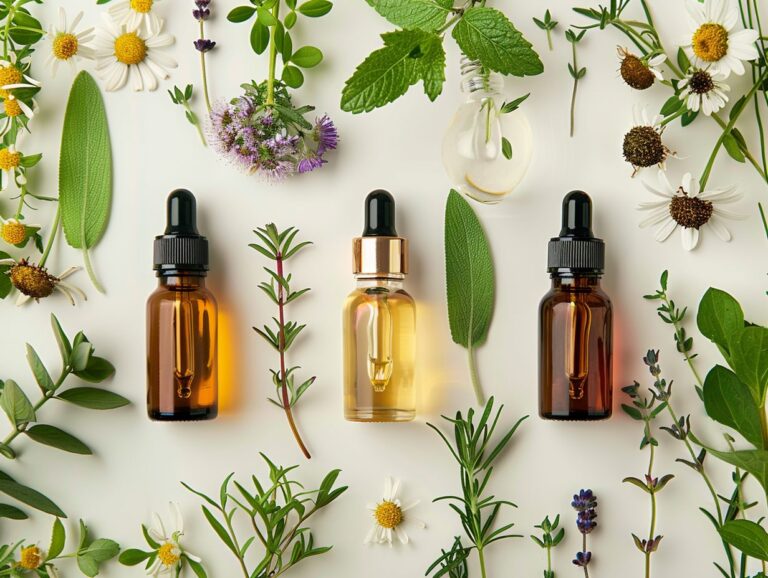
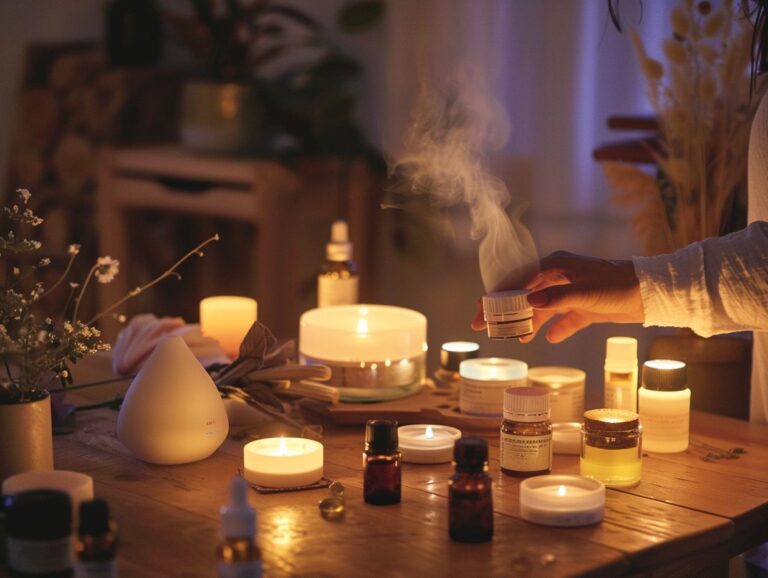

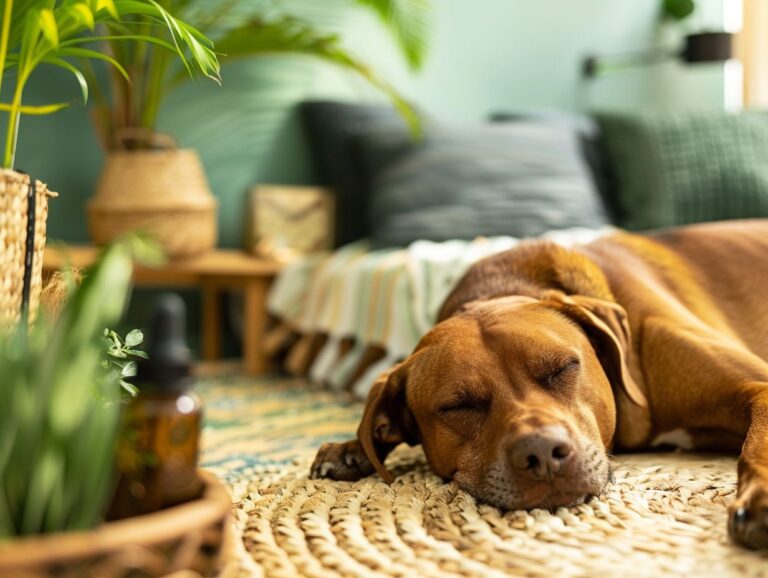
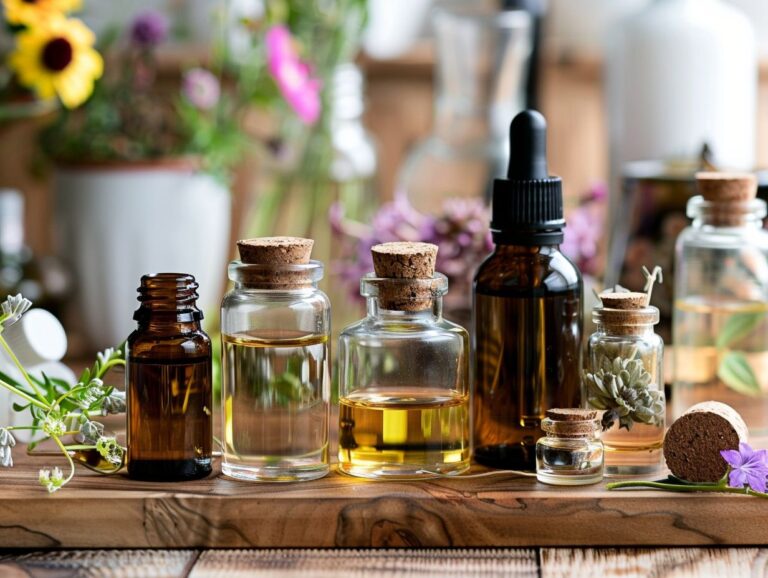
5 Comments